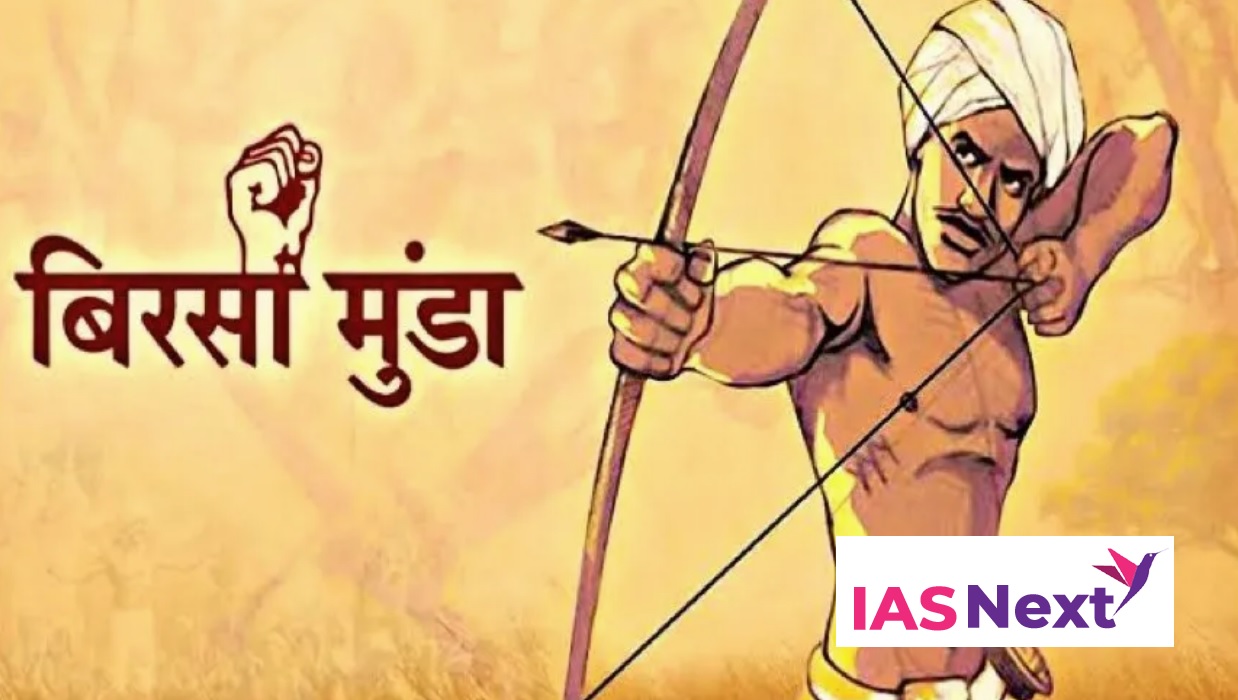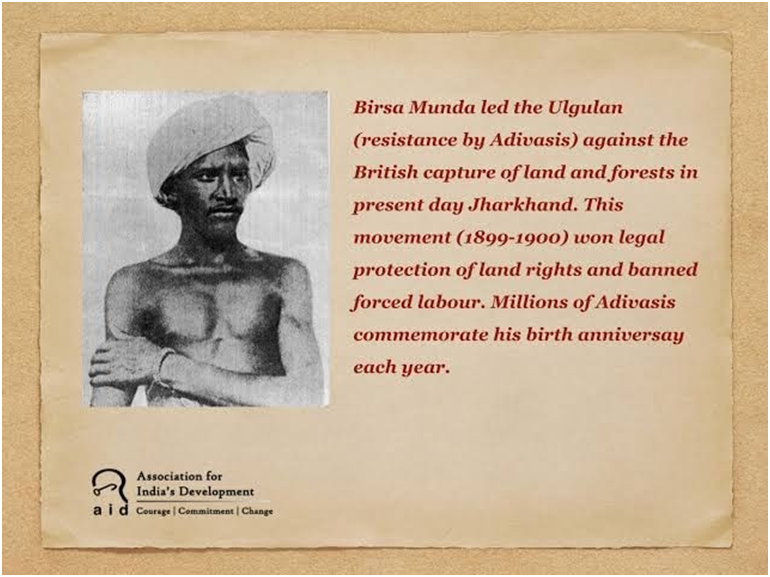CURRENT AFFAIRS
Get the most updated and recent current affair content on Padhaikaro.com
Birsa Munda
- IAS NEXT, Lucknow
- 15, Apr 2022

Reference News:-
Union Education Minister Dharmendra Pradhan recently released a book on the life of tribal freedom fighter Birsa Munda.
- The book titled ‘Birsa Munda – Janjatiya Nayak’ is written by Prof Alok Chakrawal, Vice-Chancellor of Guru Ghasidas Vishwavidyalaya, Bilaspur.
- The book is a comprehensive attempt to bring to the fore the struggle of Bhagwan Birsa Munda and the contribution of forest dwellers in the freedom movement.
Who was he?
Bisra Munda was a folk hero and a tribal freedom fighter hailing from the Munda tribe. He was a spearhead behind the Millenarian movement that arose in the Bihar and Jharkhand belt in the 19th century under British colonisation. He is also known as ‘Dharti Abba’ or the Earth Father.
- Born on 15th November 1875.
Birsait:
Bisra wanted to reform the tribal society and so, he urged them to let go of beliefs in witchcraft and instead, stressed on the importance of prayer, staying away from alcohol, having faith in God and observing a code of conduct. Based on these, he started the faith of ‘Birsait’.

Achievements:
Bisra started a movement called ‘Ulgulan’, or ‘The Great Tumult’. His struggle against the exploitation and discrimination against tribals led to a big hit against the British government in the form of the Chotanagpur Tenancy Act being passed in 1908. The act restricted the passing on of land from the tribal people to non-tribals.
- It is one of the most important tribal movements.
- It was led by Birsa Munda in the south of Ranchi in 1899-1900.
The movement identified following forces as the cause of the misery the Mundas were suffering:
- The land policies of the British were destroying their traditional land system.
- Hindu landlords and moneylenders were taking over their land.
- Missionaries were criticising their traditional culture.
Significance of Munda Rebellion:
- It forced the colonial government to introduce laws so that the land of the tribals could not be easily taken over by dikus (Chotanagpur Tenancy Act, 1908).
- It showed that the tribal people had the capacity to protest against injustice and express their anger against colonial rule.